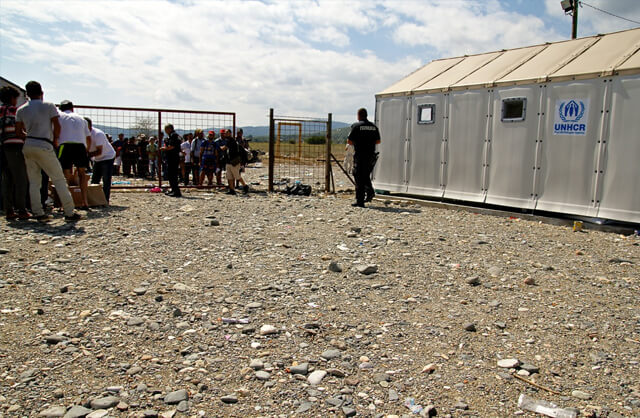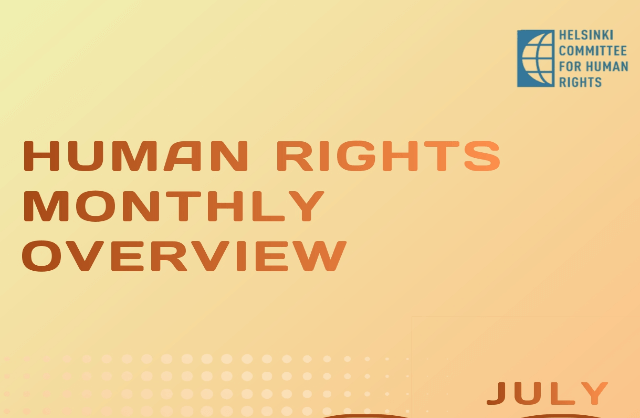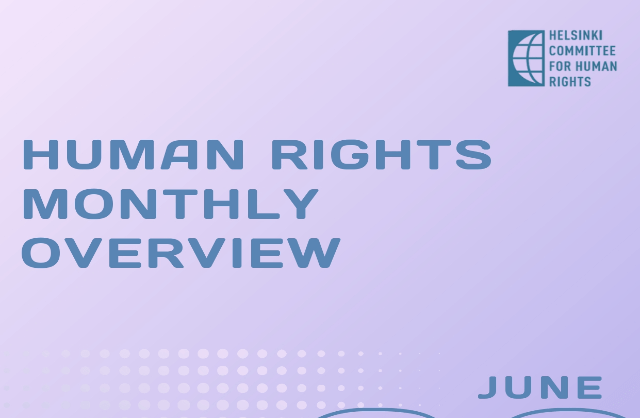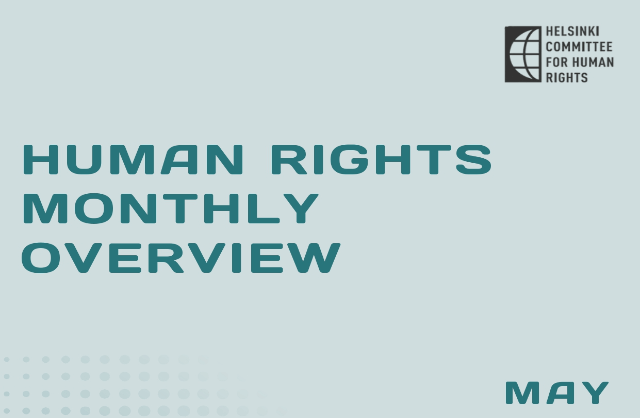The situation at the border crossings Gevgelija and Kumanovo for the period 09.11- 15.11.2015
November 18, 2015

The weekly report on the situation at the border crossings Gevgelija and Kumanovo includes the following topics: Available facilities and conditions at the camp and Institutional treatment.
Gevgelija
Available facilities and conditions in the camp
An upgrade to the camp with donation from the European Union/UNCHR has been announced. The upgrade will consist of the addition of several barracks and tents for various purposes.
A fence has been placed in immediate vicinity of the ticket office, in order to facilitate the guidance of the refugees prior to entering the train and to avoid crowding. This is the spot where the refugees are sent to buy tickets and get on the train from.
The hygiene in the camp is not maintained at an adequate level, which is not due to the negligence of the janitors when it comes to their duties, but to the low number of janitors.
We urge the Crisis Management Center to hire more janitors to work on-field in order to enable adequate hygiene maintenance.
Institutional treatment
In the course of the previous week, despite the increase influx of refugees at certain times, the members of the Special Support Unit (SSU) did their assignments professionally, which significantly contributed toward peaceful and coordinated transiting of refugees.
At certain moments, irregularities in the work of the ticket collectors of Macedonian Railroad can be observed again, when they are charging for tickets. At a certain point, a member of SSU intervened in order to prevent a ticket collector from Macedonian Railroads from charging a man a significantly higher amount of money for the tickets.
The medical teams successfully intervened when a young woman lost consciousness before entering the camp, due to the huge crowds at the entrance.
Kumanovo
Available facilities and conditions in the camp
Immediately before the terrorist attacks in Paris, an increased presence of uniformed and non-uniformed police officers was observed in the camp.
There is a lack of wheelchairs for transportation of people with disabilities in the camp. During some days a lack of food was observed at certain points in the day, especially in the evening hours.
Ministers and representatives of international organizations and bodies occasionally pay visits to the camp. In the course of the past week, the Deputy Minister of Labour and Social Policy, Dime Spasov, visited along with other representatives of MLSP. The German Ambassador to Macedonia, along with representatives of OSCE, also had their visit. The visits were for the purpose of assessing the conditions and needs on-field.
At present, work towards upgrade of the camp facilities is under way.
We urge the Crisis Management Center to most urgently provide wheelchairs for secure transport of people with disabilities in collaboration with the ministry of labour and social policy and the ministry health.
Institutional Treatment
At the beginning of the week, a case was reported in which six refugees from Pakistan were robbed and harassed, and were thus forced to go back to the camp. Allegedly, they were attacked by a group of four Afghans who live in the village of Loyane. The incident was reported to the police.
Another incident was reported by an anonymous source from a public enterprise in which a group of refugees from Syria complained that they had been allegedly attacked by police officers. Their mobile phones and money were stolen in the incident, and they were also beaten up with bats. The public officer could have recorded the injuries inflicted on them. The case was not reported to the police, and the group continued on its way.
According to the testimony of one of the refugees, individual police officers, who behave properly in the presence of field activists, treat the refugees in a demeaning way when left alone with them.
The field activists and volunteers remain dedicated to their work and do their absolute best to provide adequate aid to the refugees in transit.
 This report is made possible by the generous support of the Foundation Open Society Institute (FOSI) within the project „Improvement of the rights protection for migrants and asylum seekers in the Republic of Macedonia“. The contents are the responsibility of the Helsinki Committee for Human rights of the Republic of Macedonia and do not necessarily reflect the views of FOSI.
This report is made possible by the generous support of the Foundation Open Society Institute (FOSI) within the project „Improvement of the rights protection for migrants and asylum seekers in the Republic of Macedonia“. The contents are the responsibility of the Helsinki Committee for Human rights of the Republic of Macedonia and do not necessarily reflect the views of FOSI.


